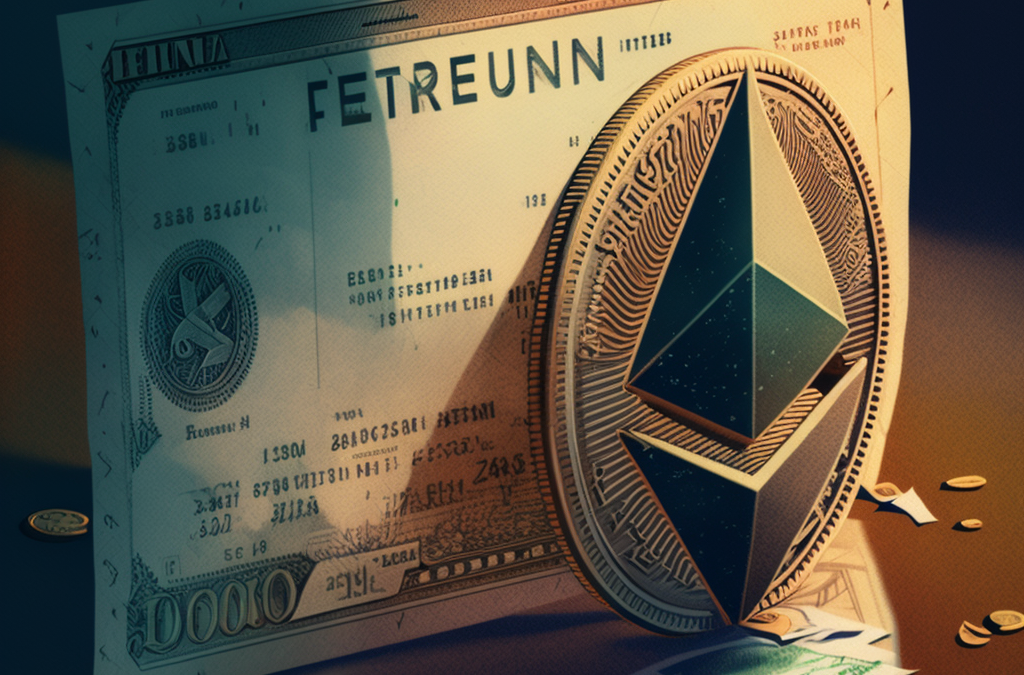BLOG
Web3, also known as the decentralized web, is the next evolution of the internet, where data and applications are decentralized and run on a distributed network of computers instead of centralized servers. This new architecture offers several benefits over traditional Web2 technologies, which rely on centralized intermediaries to store and process data. In this blog post, we will explore the advantages of Web3 and its potential to transform the internet as we know it.
Web3 Benefits: The Advantages of a Decentralized Web
- User Control and Privacy
One of the primary benefits of Web3 is user control and privacy. With Web3, users have more control over their data and can choose who they share it with, if at all. Decentralized networks, such as blockchain and peer-to-peer networks, enable users to store and manage their data without the need for intermediaries, such as social media companies or cloud service providers. This gives users greater control over their personal information and reduces the risk of data breaches and privacy violations.
- Resilience and Security
Web3 is also more resilient and secure than traditional Web2 technologies. Since data is distributed across a network of computers, there is no single point of failure that can be attacked or shut down. Decentralized networks are also more resistant to censorship and attacks, as there is no central authority that can be targeted. Blockchain, for example, uses cryptographic algorithms to ensure the security and integrity of transactions, making it virtually impossible to tamper with or alter data once it has been recorded on the blockchain.
- Transparency and Trust
Another benefit of Web3 is transparency and trust. Decentralized networks enable transparent and auditable transactions, as all participants in the network have access to the same information. This can increase trust and reduce the risk of fraud and corruption. Blockchain, for example, enables transparent and auditable transactions without the need for intermediaries or third-party auditors.
- Innovation and Interoperability
Web3 also enables new types of applications and services that are not possible with traditional Web2 technologies. Decentralized finance (DeFi), non-fungible tokens (NFTs), and decentralized autonomous organizations (DAOs) are just a few examples of innovative applications that are powered by Web3 technologies. Decentralized networks also enable greater interoperability between different systems and applications, as there is no need for proprietary protocols or closed systems.
- Community and Collaboration
Finally, Web3 is built on a culture of community and collaboration. Decentralized networks are often open-source, meaning that anyone can contribute to the development of the network or its applications. This fosters a sense of community and collaboration among developers and users, as they work together to build a more open, transparent, and equitable internet.
Web3 offers several benefits over traditional Web2 technologies, including user control and privacy, resilience and security, transparency and trust, innovation and interoperability, and community and collaboration. While Web3 is still in its early stages, it has the potential to transform the internet as we know it, creating a more open, transparent, and equitable internet that puts users in control of their own data and enables new types of applications and services.
Web3 technology is revolutionizing the internet with greater control, transparency, and innovation.”
Latest News from our Blog

Fancy Crypto Cloud Mining
Cloud Mining Is Made Easy with Fancy Crypto Fancy Crypto, a leading cryptocurrency investment firm founded in London in 2016, provides a reliable and efficient way to earn bitcoin through its...

Crypto Mining: Understanding the Basics
Crypto mining, also known as cryptocurrency mining, is the process by which new cryptocurrency coins or tokens are created and transactions are verified on a blockchain network. This process...

Exploring the Benefits of Ethereum: Why It’s One of the Leading Blockchain Networks
Ethereum is a decentralized blockchain-based platform that enables developers to create and deploy decentralized applications (dApps) and smart contracts. It is one of the most popular and...



